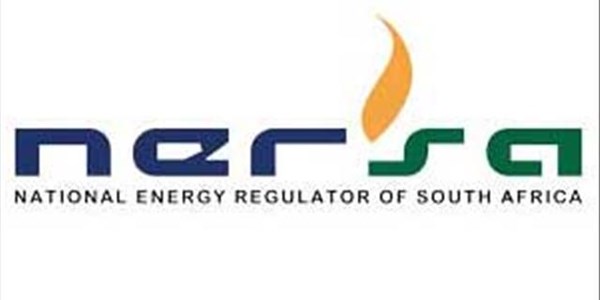South Africa
High court denies Eskom urgent relief in tariff battle with regulator─── 05:51 Tue, 11 Feb 2020

The North Gauteng High Court on Monday refused to grant Eskom urgent relief in its court battle to set aside the National Energy Regulator of South Africa's (NERSA) multi-year tariff schedule and impose electricity price increases three times higher.
Eskom rushed to court last week to argue that NERSA's determination had flouted its own methodology and that the price determination could lead to the financial collapse of the power utility. It went further still, accusing the regulator of acting in bad faith.
But Judge Jody Kollapen dismissed the application, saying the impact on consumers was also a factor worth weighing.
"Undue hardships faced by customers and the impact of such a price increase also need to be taken into account."
Eskom said it noted the court's decision that the matter was not urgent but said it found comfort in the fact its review application against NERSA's schedule would go ahead. It has been placed on the normal court role.
The chief financial officer of the embattled power utility, Calib Cassim, said the heart of the matter was Eskom's disagreement with NERSA on the regulator's decision to treat a R23 million cash injection from the government to Eskom as revenue.
Cassim said the court indicated that by doing so, NERSA had violated a basic principle of accounting.
He quoted Judge Kollapen, in his rationale for allowing the review bid, that NERSA did not have " 'an open-ended discretion that insulates it from scrutiny and judicial review… it must accordingly be arguable that the decision by NERSA in its treatment of the R23 billion equity is open to review and possible attack’."
In 2018, NERSA approved Eskom’s allowable revenue of R206.380 billion for the financial year 2019/20, R221.843 bn for financial year 2020/21 and R233.078 bn for financial year 2021/22. This would result in an average rise of 9.41 percent tariff increase for the 2019/20 year, 8.1 percent and 5.2 percent in the successive years.
Eskom had applied for 16.7 percent.
NERSA's senior legal counsel has rejected any suggestion of bad faith and questioned why Eskom took the legal route instead of taking recourse to the available intergovernmental dispute resolution.
“Disputes between state organs are strategic as the parties in this application could place the economy at risk if cooperation between the organs ceases to be a priority,” Advocate Rafik Bhana has said.
He added that the issue should rather be sent back to NERSA because Eskom's objections could be dealt with through the regulatory clearing account (RCA) process that is currently underway for the 2018/19 tariff and allows the power utility to recover costs incurred over a tariff period that were not properly accounted for or reflected.
The legal dispute comes shortly after Eskom reverted to rolling load-shedding and warned customers that this could continue for the next 18 months.
African News Agency













